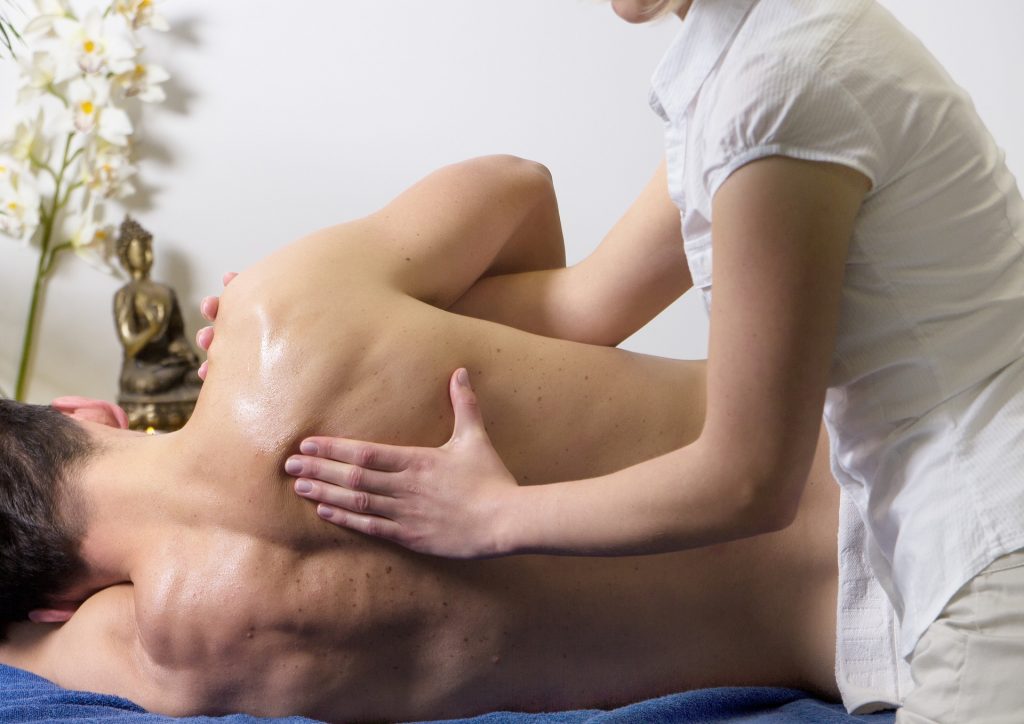
Remedial Massage can help alleviate stress and anxiety, improving your mental state and giving you more space to think clearly. It is especially helpful for those suffering from chronic muscle tension.
One study found that massage decreases psychological anxiety levels, systolic blood pressure, and pulse rate in patients undergoing cataract surgery. It also reduces cortisol levels in the body, allowing the muscles to relax.
Increased Endorphins
Remedial massage therapy in Ballarat is an effective therapy for managing depression, anxiety, and stress. This is because it promotes relaxation, relieves muscle tension, and increases blood flow which helps alleviate the physical symptoms that are associated with these mental health concerns.
It also causes an increase in the levels of endorphins, which are the body’s natural feel-good chemicals. These chemicals improve mood, decrease pain and give you a sense of well-being and happiness. In addition, it reduces cortisol, the stress hormone, and elevates serotonin, boosting your immune system.
Anxiety and depression can result from many different factors, including stress, poor diet, work pressures, financial issues, relationship problems, or even exercise and sports-related injuries. These factors can cause a physiological response that can lead to the release of various hormones, such as adrenaline and cortisol which can have both short and long-term effects on the body and mind.
Research has shown that a regular remedial massage can help to manage these conditions by improving the balance of the body’s hormones, especially cortisol and serotonin. It can also help reduce stress and increase relaxation which in turn will decrease the risk of developing chronic pain, improve sleep quality, and boost overall wellbeing. Therefore, it’s important to incorporate massage into your regular wellness routine to maintain good physical and psychological health.
Decreased Cortisol
Remedial massage is known to decrease the levels of cortisol in the body. Cortisol is a hormone that contributes to stress and anxiety and has been linked to reduced immune function. By reducing the level of cortisol, massage can help improve immunity and increase energy levels.
Research shows that the autonomic nervous system is stimulated during massage causing the release of positive hormones including endorphins, serotonin, and dopamine. These neurotransmitters give a person a sense of well-being, reduce stress and anxiety, and promote healthy sleep. In addition to releasing positive hormones, massage can also increase your range of motion and flexibility in the muscles and joints. This is due to the warm temperature of the soft tissue, increasing blood flow and encouraging lymphatic drainage.
Several studies report that salivary cortisol is significantly decreased immediately following a massage session. However, these reductions do not persist over time. A single massage can reduce the levels of cortisol but repeated sessions do not appear to have a cumulative effect.
In addition to lowering the levels of cortisol, massage can encourage the production of natural killer cells and enhance the function of the lymphatic system. These effects can lead to a significant improvement in the body’s immune system and allow it to fight off disease more effectively. These benefits are particularly important for those suffering from a chronic illness or who have been experiencing long-term stress.
Reduced Muscle Tension
Stress, anxiety, and depression are often associated with muscle tension. Remedial massage is used to release knots, improve mobility, and increase the range of motion in the body. This is achieved through techniques such as deep tissue and trigger point massage. The Friction caused by the fingers and skin during a massage increases blood flow to the muscles, which causes the tissue temperature to rise, allowing the muscle fibers to become more relaxed.
As the muscle fibers relax, they begin to send a signal to the brain that the body is safe, which helps reduce feelings of stress and anxiety. Massage also lowers cortisol and increases serotonin, which is a neurotransmitter that reduces feelings of depression and boosts the immune system, among other things.
In addition to helping manage anxiety and depression, massage can also help decrease stress after an injury. This is because it stimulates feel-good hormones in the peripheral nervous system, which allows for a message of calmness to be relayed to the injured area.
The next time you’re feeling stressed or anxious, consider scheduling a relaxing massage. Remedial or relaxation, it doesn’t matter, the benefits are vast. Make massage a regular part of your self-care routine and feel the difference in both body and mind.
Improved Sleep
The stimulation of nerve receptors during a massage leads to the release of endorphins, the body’s natural feel-good hormones. This enables a decrease in stress hormones, which in turn improves the quality of sleep. The result is that you are well-rested, enabling you to handle the challenges of life more effectively.
Those who experience high levels of stress on a regular basis should make massage a regular part of their self-care program. This will help to improve the overall health of the individual, not only physically but emotionally as well. It is important to drink plenty of water after your treatment as this helps to flush the toxins that are released during the massage from the body.
Research has shown that massage can improve the quality of sleep, which in turn lowers stress and anxiety. Individuals who received massage therapy at clinics like Modern Medicine had fewer complaints of fatigue on days 1 and 2 and reported a better quality of sleep than those in the control group.
Stress is a normal part of the human experience, and it is nearly impossible to avoid stressful situations in life. However, there are many ways to manage the physical and emotional effects of stress, one of which is remedial massage. The frequency of massage for anxiety should be based on the individual’s needs and can range from weekly to monthly.






